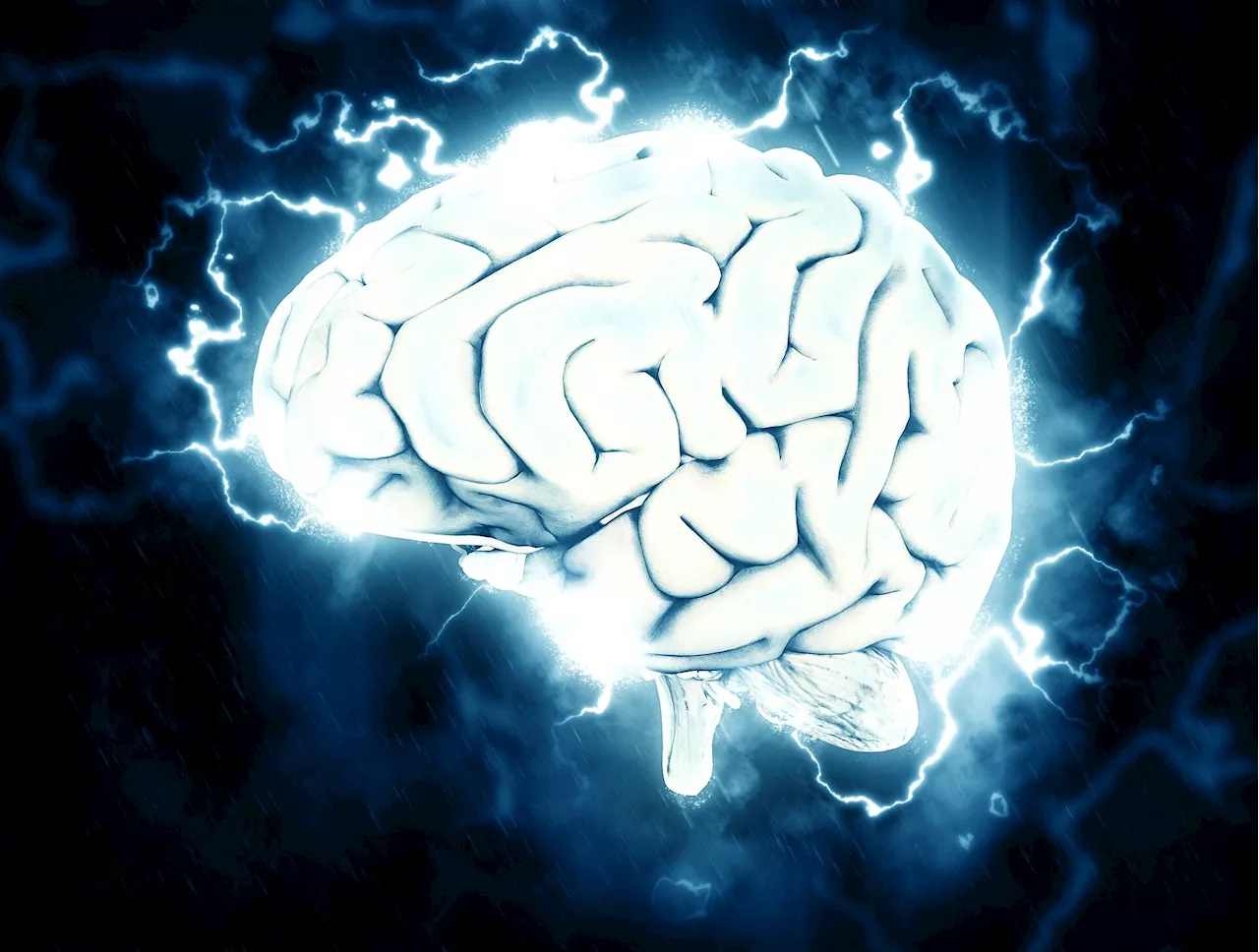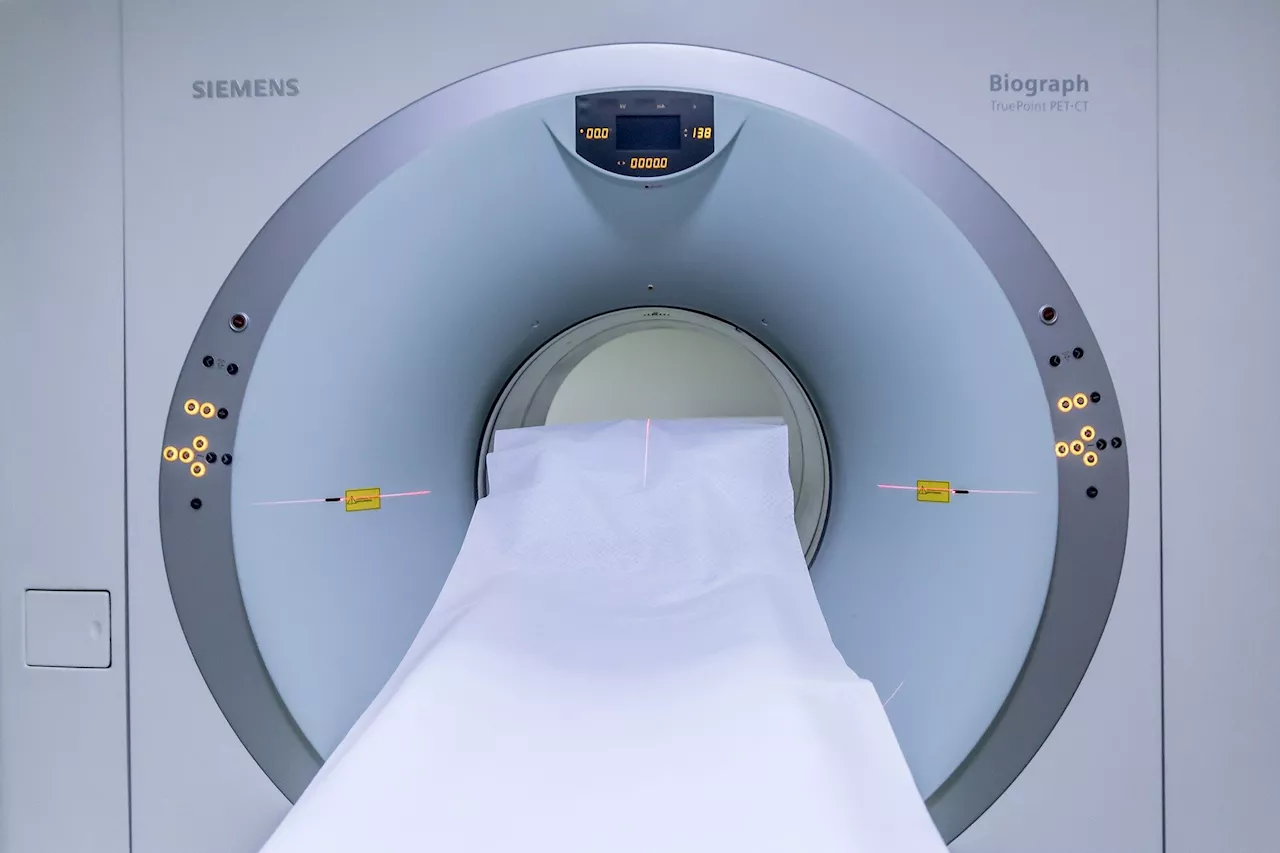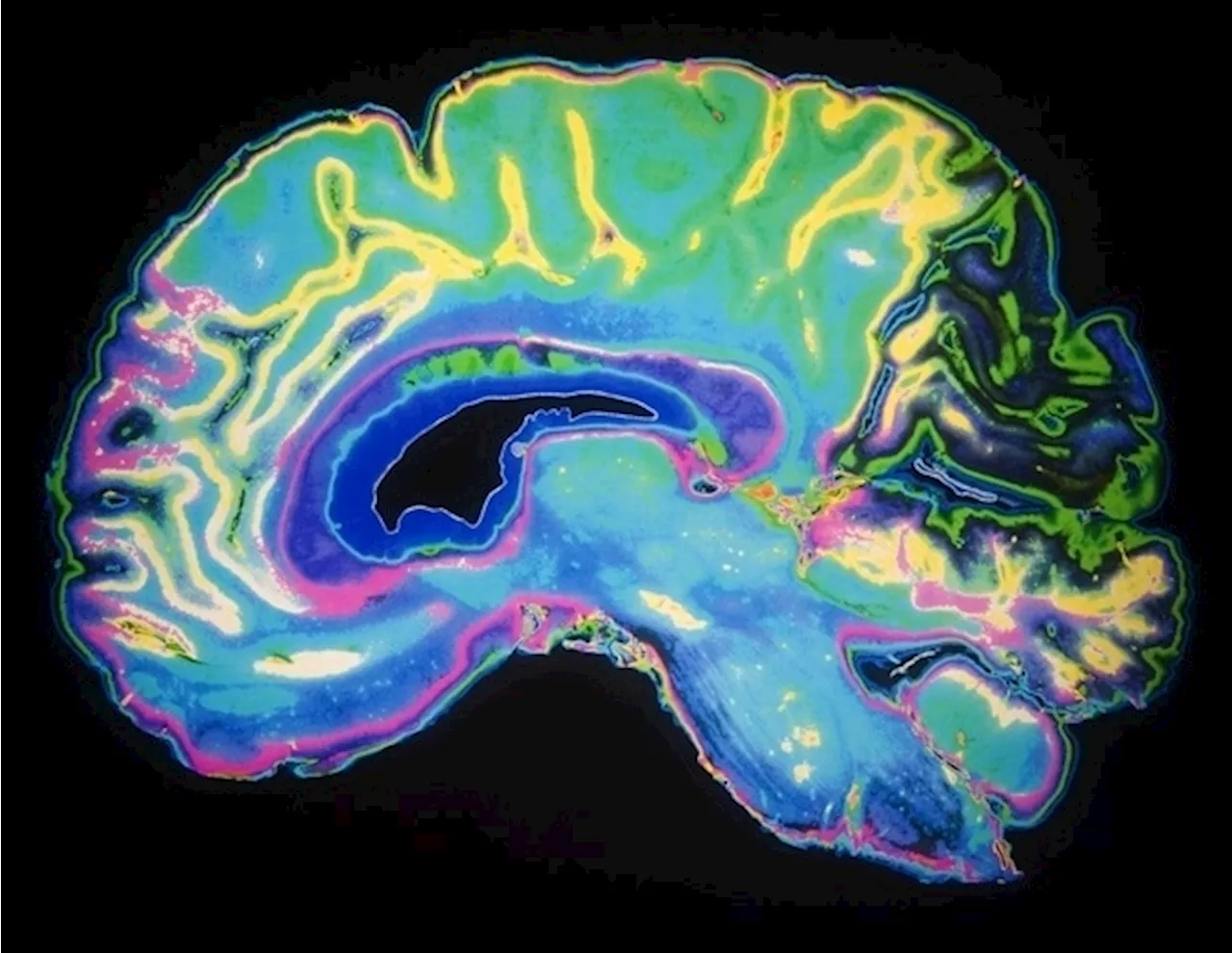Have you ever noticed how you can suddenly hear your refrigerator humming in the background when you focus on it? Or how the sound of your name instantly catches your attention even in a noisy crowd?
University of MarylandJul 12 2024
Now, biologists at the University of Maryland are a step closer to solving that mystery. Using an animal model, the researchers found that the orbitofrontal cortex , a brain region associated with decision-making but not typically linked to hearing, plays a central role in helping the auditory cortex adapt to changing contexts or situations. The team's findings were published in the journal Current Biology on July 11, 2024.
"In short, the OFC sends signals to the auditory cortex when it's time to pay closer attention to sounds," Caras said. "It's not certain whether the signals are sent directly or indirectly via an intermediary brain region, but we do know that activity in the OFC is essential to how the gerbils behaved in our experiments."
Related Stories"In terms of a more human-oriented analogy, it would be as if I told you to suddenly pay attention to your refrigerator humming in the background," Caras explained. "If your OFC was silenced and unable to send a signal to your auditory cortex, you might have difficulty doing so because the ability to rapidly alter your sound perception would be impaired."
Hearing Animal Model Auditory Cortex Cortex Research
United Kingdom Latest News, United Kingdom Headlines
Similar News:You can also read news stories similar to this one that we have collected from other news sources.
 Overlooked brain organ plays key role in promoting brain repair after stroke, researchers discoverUniversity of Cincinnati researchers have pioneered an animal model that sheds light on the role an understudied organ in the brain has in repairing damage caused by stroke.
Overlooked brain organ plays key role in promoting brain repair after stroke, researchers discoverUniversity of Cincinnati researchers have pioneered an animal model that sheds light on the role an understudied organ in the brain has in repairing damage caused by stroke.
Read more »
 UCL researchers identify brain mechanisms behind mood bias in bipolar disorderMomentary shifts in mood, even those lasting just a matter of seconds, profoundly alter the brain's response to pleasurable experiences in people with bipolar disorder, finds a new study by UCL researchers.
UCL researchers identify brain mechanisms behind mood bias in bipolar disorderMomentary shifts in mood, even those lasting just a matter of seconds, profoundly alter the brain's response to pleasurable experiences in people with bipolar disorder, finds a new study by UCL researchers.
Read more »
 New technology allows researchers to precisely, flexibly modulate brainHuman brain diseases, such as Parkinson's disease, involve damage in more than one region of the brain, requiring technology that could precisely and flexibly address all affected regions simultaneously.
New technology allows researchers to precisely, flexibly modulate brainHuman brain diseases, such as Parkinson's disease, involve damage in more than one region of the brain, requiring technology that could precisely and flexibly address all affected regions simultaneously.
Read more »
 Researchers investigate the gene-brain-behavior link in autism using generative machine learningResearchers used 3D transport-based morphometry to visualize brain changes linked to 16p11.2 CNV, achieving high prediction accuracy and advancing autism precision medicine.
Researchers investigate the gene-brain-behavior link in autism using generative machine learningResearchers used 3D transport-based morphometry to visualize brain changes linked to 16p11.2 CNV, achieving high prediction accuracy and advancing autism precision medicine.
Read more »
 Researchers discover a significant problem in brain imaging and identify a fixIn a new study, investigators from McLean Hospital, Harvard Medical School and the National Institute on Drug Abuse—Intramural Research Program (NIDA-IRP) have discovered that the tendency of people's arousal to wane over the course of brain scans has been distorting the brain connection maps produced by functional magnetic resonance imaging...
Researchers discover a significant problem in brain imaging and identify a fixIn a new study, investigators from McLean Hospital, Harvard Medical School and the National Institute on Drug Abuse—Intramural Research Program (NIDA-IRP) have discovered that the tendency of people's arousal to wane over the course of brain scans has been distorting the brain connection maps produced by functional magnetic resonance imaging...
Read more »
 Researchers identify vascular changes in the brain linked to Alzheimer's diseaseThe blood-brain barrier—a network of blood vessels and tissues that nurtures and protects the brain from harmful substances circulating in the blood—is disrupted in Alzheimer's disease.
Researchers identify vascular changes in the brain linked to Alzheimer's diseaseThe blood-brain barrier—a network of blood vessels and tissues that nurtures and protects the brain from harmful substances circulating in the blood—is disrupted in Alzheimer's disease.
Read more »
